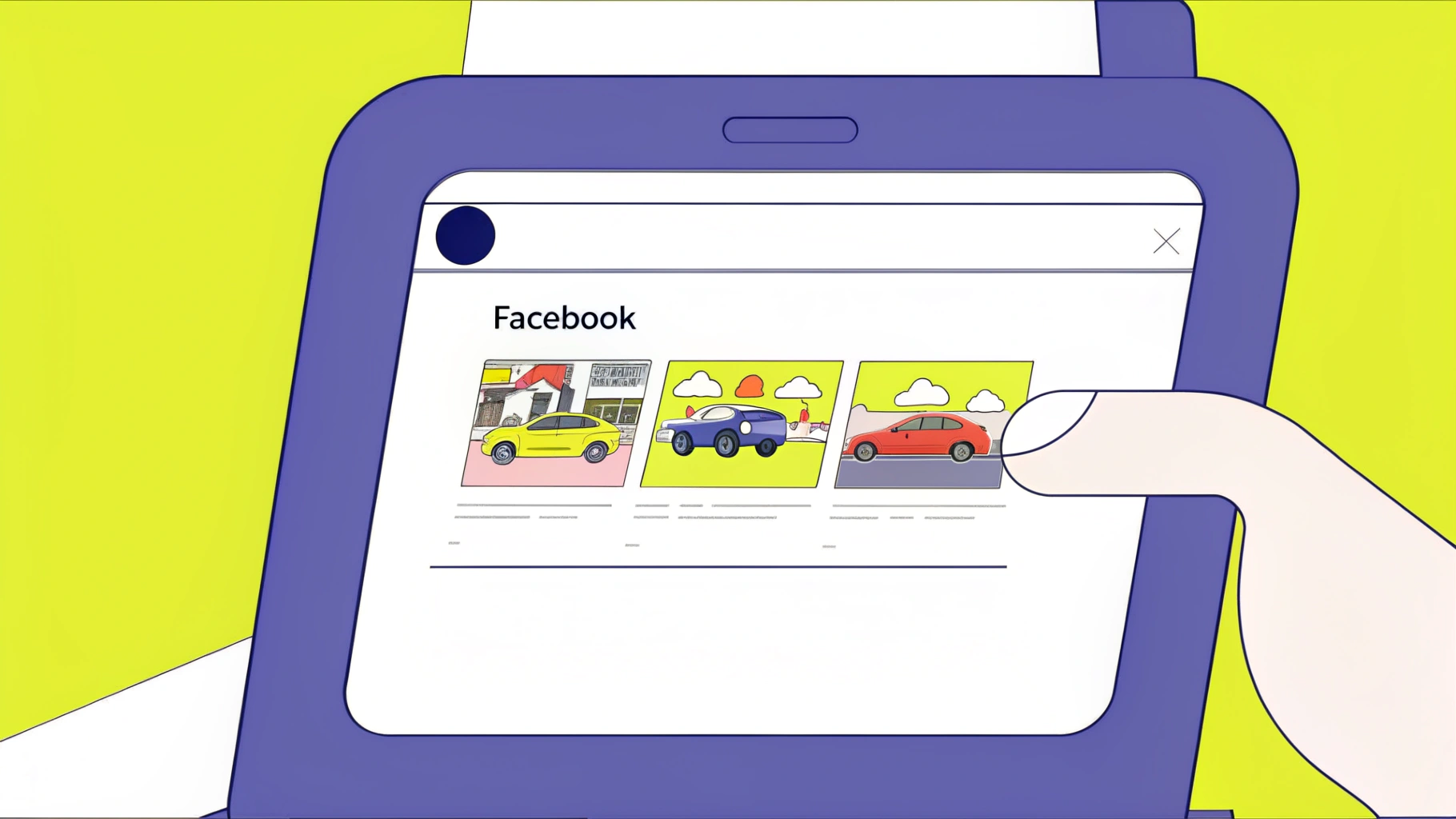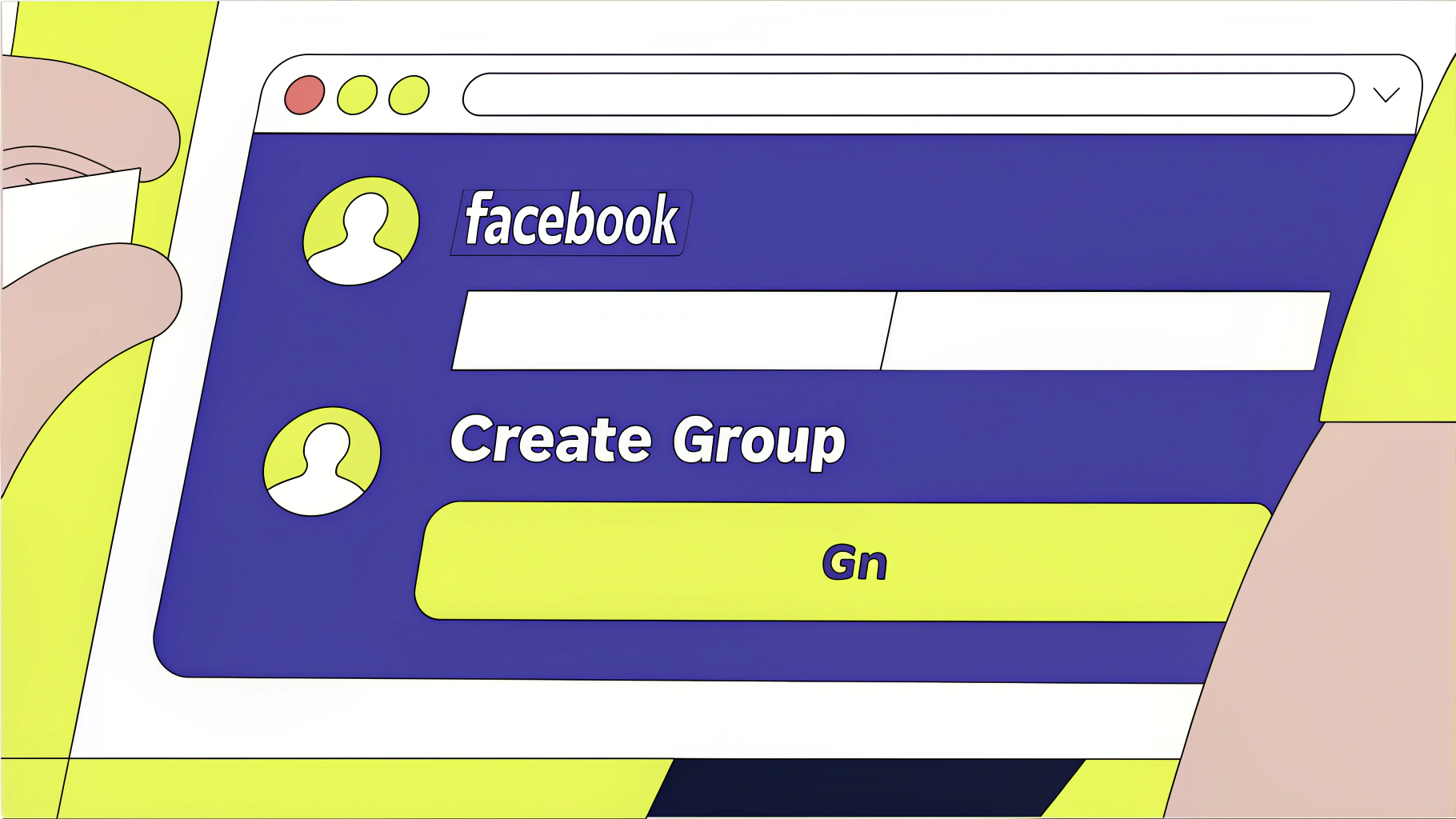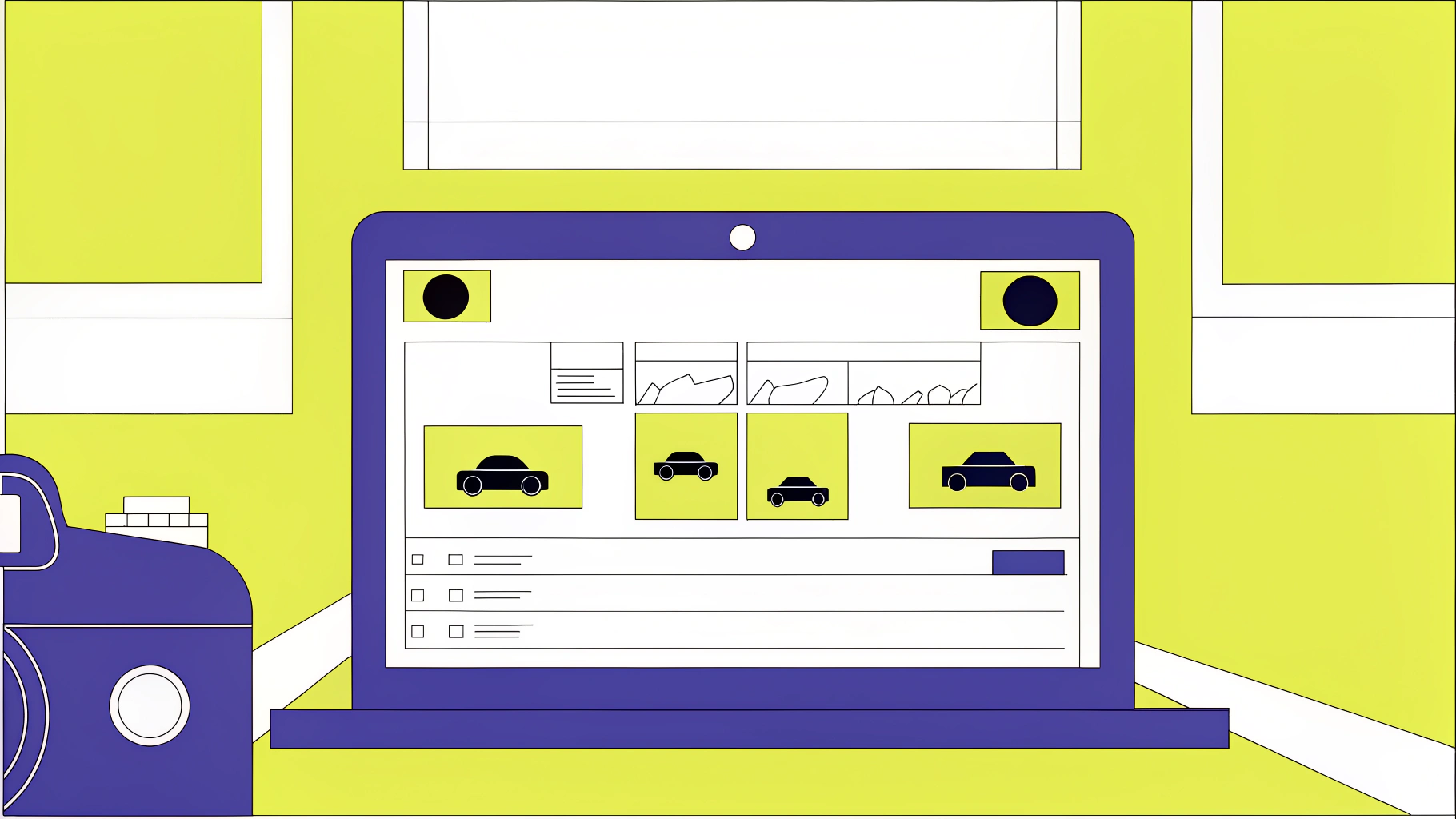Overview
Building Facebook groups for vehicle owners is essential for creating a supportive community where members can share insights, seek advice, and foster connections related to automotive interests.
- Defining the group’s purpose is crucial; it lays the foundation for a focused and engaged membership.
- Implementing strategies for engagement, such as hosting events and promoting user-generated content, further cultivates an active and valuable network for car enthusiasts.
- These strategies not only enhance participation but also strengthen the community’s bond, making it a go-to resource for automotive discussions.
- By prioritizing these elements, group administrators can ensure their platforms thrive, ultimately benefiting all members involved.
Introduction
Building a community around shared interests can revolutionize the way vehicle owners connect, learn, and grow together. Facebook groups have emerged as powerful platforms for car enthusiasts, providing a space to exchange insights, seek advice, and foster camaraderie among like-minded individuals. Yet, creating a successful group presents its own set of challenges.
How can one effectively attract and engage members while ensuring a vibrant and supportive atmosphere? This guide explores the essential steps and strategies for establishing and managing Facebook groups tailored specifically for vehicle owners, unlocking the potential for meaningful interactions and lasting connections.
Understand the Purpose of Facebook Groups for Vehicle Owners
Building Facebook groups for vehicle owners is essential for fostering connection, sharing insights, and providing assistance. These platforms enable participants to engage in discussions about automotive upkeep, share personal experiences, and coordinate events that promote camaraderie. By clearly defining the purpose of the collective—whether it involves building Facebook groups for vehicle owners, targets car enthusiasts, or individuals seeking advice on vehicle-related issues—you can create a space that meets the diverse needs of your audience. This clarity will not only direct your content strategy but also improve engagement, ensuring that participants derive real value from their involvement.
The influence of social media networks on community development is substantial. They serve as a hub for car enthusiasts to connect, share tips on modifications, repairs, and performance improvements, and even recommend local garages and mechanics. This cooperative atmosphere encourages individuals to assist each other, resulting in a heightened feeling of belonging and common enthusiasm.
Data indicates that user interaction is significantly high in building Facebook groups for vehicle owners, with participants frequently choosing to ask questions and seek advice within these networks instead of referring to conventional resources such as owner’s manuals. This trend underscores the significance of cultivating an interactive environment where participants feel at ease sharing their insights and experiences.
Moreover, the advantages of these assemblies extend beyond mere information exchange. They create opportunities for networking, allowing members to form personal and professional relationships that can lead to life-changing connections. By organizing events such as car shows and collective cruises, these communities not only enhance the enjoyment of car ownership but also contribute positively to local areas through charitable initiatives. Additionally, leveraging insights and analytics from these interactions can help refine your strategies, ensuring sustainable growth and trust within your brand.
In summary, understanding the intent of social media communities for car owners is essential for building Facebook groups for vehicle owners that foster a flourishing network. By focusing on engagement and support, and incorporating strategic campaign management, you can cultivate a vibrant space that enriches the experiences of all members.

Create Your Facebook Group: Step-by-Step Setup
To create your Facebook group for vehicle owners, follow these steps:
- Log into Facebook: Use your personal account to create a community.
- Navigate to Groups: Click on ‘Groups’ in the left sidebar of your homepage.
- Create Group: Click on the ‘Create Group’ button.
- Choose a Collective Name: Select a name that reflects the collective’s purpose, such as ‘Vehicle Owners Community’. A catchy and relevant name can enhance discoverability.
- Set Privacy Settings: Decide whether your community will be public, closed, or secret. For car owners, a private community may foster more candid conversations while preserving a feeling of exclusivity.
- Add Members: Invite a few friends or fellow vehicle owners to kickstart the community. Involving early participants can help cultivate a welcoming atmosphere. Remember, 50% of Facebook users belong to five or more communities, emphasizing the importance of niche-focused networks.
- Customize Group Settings: Add a cover photo, description, and rules to guide member interactions. Personalizing these elements can enhance the collective’s identity and appeal.
- Create Initial Posts: Start with a welcome post and a few engaging questions to encourage interaction. Consistent posting is crucial for sustaining visibility and engagement within the community.
By following these steps, you will be ready for building Facebook groups for vehicle owners and creating an operational social media community. This taps into the platform’s extensive user base of over 3 billion monthly active individuals and the high engagement rates typical of niche-focused communities.

Attract and Engage Members: Strategies for Growth
To effectively attract and engage members in your Facebook group for vehicle owners, consider implementing the following strategies:
-
Promote on Other Platforms: Share your community link across your personal social media accounts, relevant forums, and automotive websites to increase visibility. With only around 5% of followers seeing Facebook posts organically, leveraging other platforms is crucial for better engagement.
-
Utilize Current Connections: Motivate existing participants to invite friends with shared interests, broadening your group’s outreach naturally.
-
Create Engaging Content: Regularly post about topics that resonate with car owners, such as maintenance tips, reviews, and industry news, to keep discussions lively and informative. As Bob B. from Old World Industries noted, “Fresh Content Society helped take our social media presence from nothing to 500K followers across platforms,” showcasing the potential for growth through effective content strategies.
-
Host Events: Organize virtual meetups or Q&A sessions with automotive experts to attract participants and encourage interaction.
-
Utilize Facebook Ads: Consider focused advertising to attract prospective participants interested in automobiles, boosting your community’s visibility.
-
Promote User-Generated Content: Invite participants to share their automotive stories, photos, and experiences, which can help foster a strong sense of community and involvement. Zach S. from Stern Pinball remarked, “FCS can easily stand for First Class Service based on the working relationship we have had with the team from Fresh Content Society,” highlighting the importance of a supportive community.
-
Create an Effective Team Description: Ensure your team description is clear and addresses the needs of potential members, as a well-crafted description can significantly enhance membership and engagement.
By implementing these strategies, you can cultivate a vibrant community of vehicle owners by building Facebook groups for vehicle owners who actively participate in discussions and share valuable insights. As Erica Pollock observed, “You have individuals becoming part of your team! Congratulations! Now take advantage of their attention to start great content.

Manage Your Group Effectively: Content and Community Engagement
To manage your Facebook group effectively, consider these best practices:
-
Establish Clear Rules: Develop a comprehensive set of guidelines that clearly outline acceptable behavior and content within the group. This promotes a respectful and inclusive atmosphere, cultivating trust among individuals.
-
Engage Regularly: Consistency is key. Post updates regularly and engage actively with participants by replying to their comments and inquiries. This not only enhances engagement levels but also aligns with the long-term organic strategy of building a real audience that stays.
-
Monitor Group Activity: Keep a close watch on discussions to ensure they remain respectful and relevant. This proactive approach helps maintain a positive atmosphere. Tracking total posts, comments, and reactions over a set period can measure engagement effectively, reflecting the community’s growth.
-
Highlight Contributions: Recognize and celebrate the efforts of active individuals. Acknowledgment not only boosts morale but also encourages others to participate more actively. This practice builds authority and consistency within the group.
-
Utilize Polls and Questions: Encourage participation by inquiring about individuals’ views on different vehicle-related subjects. This not only encourages interaction but also offers valuable insights into participant preferences. Interacting with participants fosters trust and rapport, promoting ongoing involvement and aligning with the key components of a successful long-term organic social media strategy.
-
Organize Themed Days: Create specific days for certain types of posts, such as ‘Maintenance Mondays’ or ‘Feature Fridays’. This structure can assist individuals in anticipating content and participating more regularly. Many brands see significant growth to 1,000+ members within three to six months by implementing such strategies, demonstrating the effectiveness of tailored approaches for sustainable audience building.
Implementing these strategies will cultivate a welcoming and engaging environment for vehicle owners, encouraging ongoing participation and strengthening community bonds through building Facebook groups for vehicle owners.

Conclusion
Building Facebook groups for vehicle owners presents a powerful opportunity to create a sense of community, share invaluable knowledge, and enhance the car ownership experience. Establishing a clear purpose for these groups allows participants to engage meaningfully—whether they are seeking advice, sharing experiences, or connecting with fellow enthusiasts. This foundational clarity not only guides content creation but also significantly boosts member engagement, ensuring that the group addresses the diverse needs of its audience.
This article outlines essential steps for setting up and managing a successful Facebook group, from the initial creation process to strategies for attracting and engaging members. Key points include:
- The importance of promoting the group across various platforms
- Crafting engaging content
- Actively participating in discussions
Furthermore, implementing effective management practices—such as establishing clear rules and recognizing member contributions—fosters a respectful and vibrant community. Together, these elements enhance the overall experience for vehicle owners, transforming a simple group into a thriving hub of interaction.
Ultimately, the significance of creating and nurturing Facebook groups for vehicle owners extends beyond mere information exchange. It cultivates a sense of belonging and shared passion, enabling members to form valuable connections and support one another in their automotive journeys. By taking the initiative to build such communities, vehicle owners can enrich their experiences and contribute positively to the larger automotive landscape. Embracing this opportunity leads to meaningful interactions and a more engaged community, making the journey of car ownership even more enjoyable.
Frequently Asked Questions
What is the purpose of Facebook groups for vehicle owners?
The purpose of Facebook groups for vehicle owners is to foster connection, share insights, and provide assistance among participants. These groups allow for discussions on automotive upkeep, personal experiences, and event coordination to promote camaraderie.
How do Facebook groups enhance user engagement among vehicle owners?
Facebook groups enhance user engagement by providing a platform where participants can ask questions, seek advice, and share experiences. This interactive environment encourages individuals to connect and support each other, leading to higher levels of participation compared to traditional resources like owner’s manuals.
What benefits do Facebook groups provide beyond information exchange?
Beyond information exchange, Facebook groups offer networking opportunities, allowing members to form personal and professional relationships. They also promote community involvement through events like car shows and collective cruises, and can contribute positively to local areas through charitable initiatives.
How can the purpose of a Facebook group influence its content strategy?
Clearly defining the purpose of a Facebook group helps direct the content strategy, ensuring that the group meets the diverse needs of its audience. This clarity improves engagement and ensures participants derive real value from their involvement.
What role does social media play in community development for car enthusiasts?
Social media serves as a hub for car enthusiasts to connect, share tips on modifications, repairs, and performance improvements, and recommend local garages and mechanics. This cooperative atmosphere fosters a sense of belonging and shared enthusiasm among members.
Why is it important to leverage insights and analytics in Facebook groups for vehicle owners?
Leveraging insights and analytics helps refine strategies for group management, ensuring sustainable growth and trust within the community. It allows administrators to understand participant needs and improve the overall experience for members.

